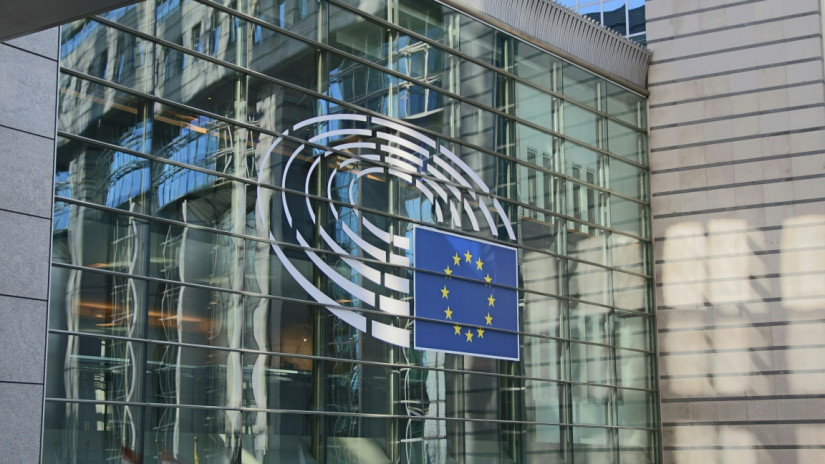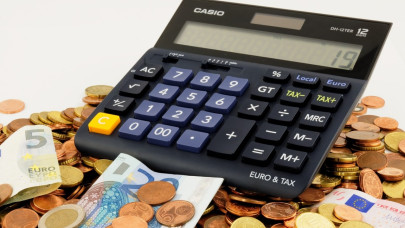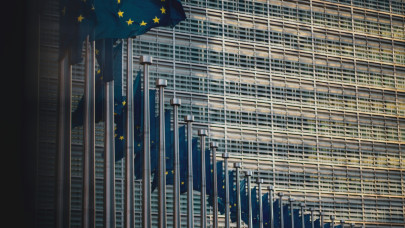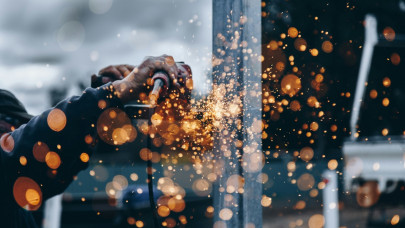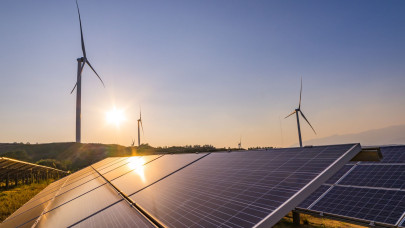Sweden notified the Commission of a €128 million measure to support SSAB's project to transition from the current coal-based steel production process in Luleå to a nearly zero-emission system. The measure will be made available through the Just Transition Fund.
The aid will take the form of a direct grant and will support the accelerated transition to an electric steel mill through the installation of an electric arc furnace, equipment for secondary metallurgy, and a caster. The electric arc furnace will operate using steel scrap and direct reduced iron produced using renewable hydrogen. The electric steel mill will have a capacity of 2.5 million tonnes of green slabs per year.
The measure will accelerate the project by three years and the new installation is envisioned to start producing green steel as of 2029. The measure allows for significant CO2 emission savings corresponding to three years of operation using fossil fuels. SSAB has committed to actively sharing the experience and technical know-how gained through the project with industry and academia.
The Commission assessed the measure under EU State aid rules, in particular Article 107(3)(c) of the Treaty on the Functioning of the European Union (‘TFEU'), which enables EU countries to support the development of certain economic activities subject to certain conditions, and the Guidelines on State aid for climate, environmental protection and energy (‘CEEAG'), which allow Member States to support measures reducing or removing CO2 emissions.
The Commission found that:
The measure facilitates the development of an economic activity, namely steel production through low-carbon processes. At the same time, it supports the objectives of key EU policy initiatives such as the European Green Deal, the Green Deal Industrial Plan, and the REPowerEU Plan.
The aid has an ‘incentive effect', as the beneficiary would not carry out the investments in green steel production without public support.
The measure is necessary and appropriate to promote the production of green steel. In addition, it is proportionate, as the level of the aid corresponds to the effective financing needs.
The measure has sufficient safeguards to ensure that undue distortions of competition are limited. In particular, if the project turns out to be very successful in generating extra net revenues, the beneficiary will return part of the aid received to Sweden (claw-back mechanism). Moreover, the beneficiary will disseminate the technical know-how gained through the project.
The aid brings positive effects that outweigh any potential distortion of competition and trade in the EU.
On this basis, the Commission approved the Swedish measure under EU State aid rules.

